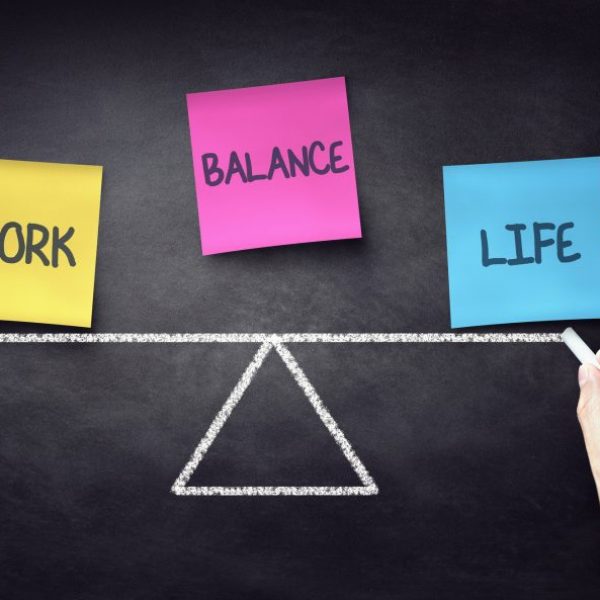
We all love a great success story filled with dogged determinism. The actor who lives in her car and works odd jobs so she can become a blockbuster sensation. The high school dropout who puts in 20-hour days to launch the next game-changing internet company. The immigrant who moonlights as a janitor while working his way up to become CEO of the world’s largest bank.
Most people will never become famous enough to garner widespread interest in the sacrifices they make to meet work goals – the sleep deprived IT professional who perpetually works 32 hours straight to keep systems running smoothly, a public servant who misses his child’s school events to keep up with paperwork or an executive assistant who answers the beck and call of an executive 24/7…
It’s easy to admire the single-minded focus to achieving goals, after all, you’ve been pumped full of motivational quotes, memes and inspirational speeches most of your life. As a society, we tend to celebrate commitment at all costs and equate giving up as failure. But, in the professional world, this belief is gradually changing.
The key questions you need to ask yourself is when does the healthy professional strive turn into the useless struggle? When does going over and above in our jobs begin to affect our health and wellbeing? When should we throw in the towel?
The answer is surprisingly simple. When we associate a job with more pain than pleasure, it’s time to re-evaluate. After all, the only reason we strive for success is the underlying belief it will make us happier in some way on another. If this is clearly no longer the case, then it’s time to move on.
The key here is finding balance in both our professional and personal lives. If your job is affecting your physical health and mental wellbeing, its a clear sign your strive might not be worth it. Sure working a long shift to complete a major project might be part of the job, and something you’re willing to do to get ahead. But if one late night turns into an expectation of working late every night, at some point, somethings got to give, and most likely it won’t be in your favour.
Many people spend years finding the right balance between professional and personal. An added complication is often that many people are willing to self-sacrifice in the pursuit for success. A junior lawyer knows the hours will be long to ascend the ranks. But, they do it anyway to become a senior partner quicker. The problem is though, when this imbalance becomes too unsustainable, the result is often burnout, exhaustion, stress, mental illness or something even worse.
In the modern working world, the concept of work-life balance has become far more accepted among employers. Good companies understand that there is no trade-off between living a well-rounded life and high performance. In fact, they know that when they provide talent with a healthy work-life balance, their performance and productivity often improves. As a result, work-life balance has become much more commonplace and is highly sought after by all walks of talent. If your company doesn’t understand this, then it’s probably time to move on.
Yes, it’s important to strive for success and reach your professional goals, but this can be achieved without impacting you health and wellbeing. There is a tipping point in all jobs where your healthy strive can become a useless struggle, and your ability to recognise and address this will influence your overall happiness. At Ignite, we value work-life balance and ensure we support people in both their professional and personal endeavors as much as possible. We connect great talent to like-minded organisations who understand the importance of work life balance for their employees.
